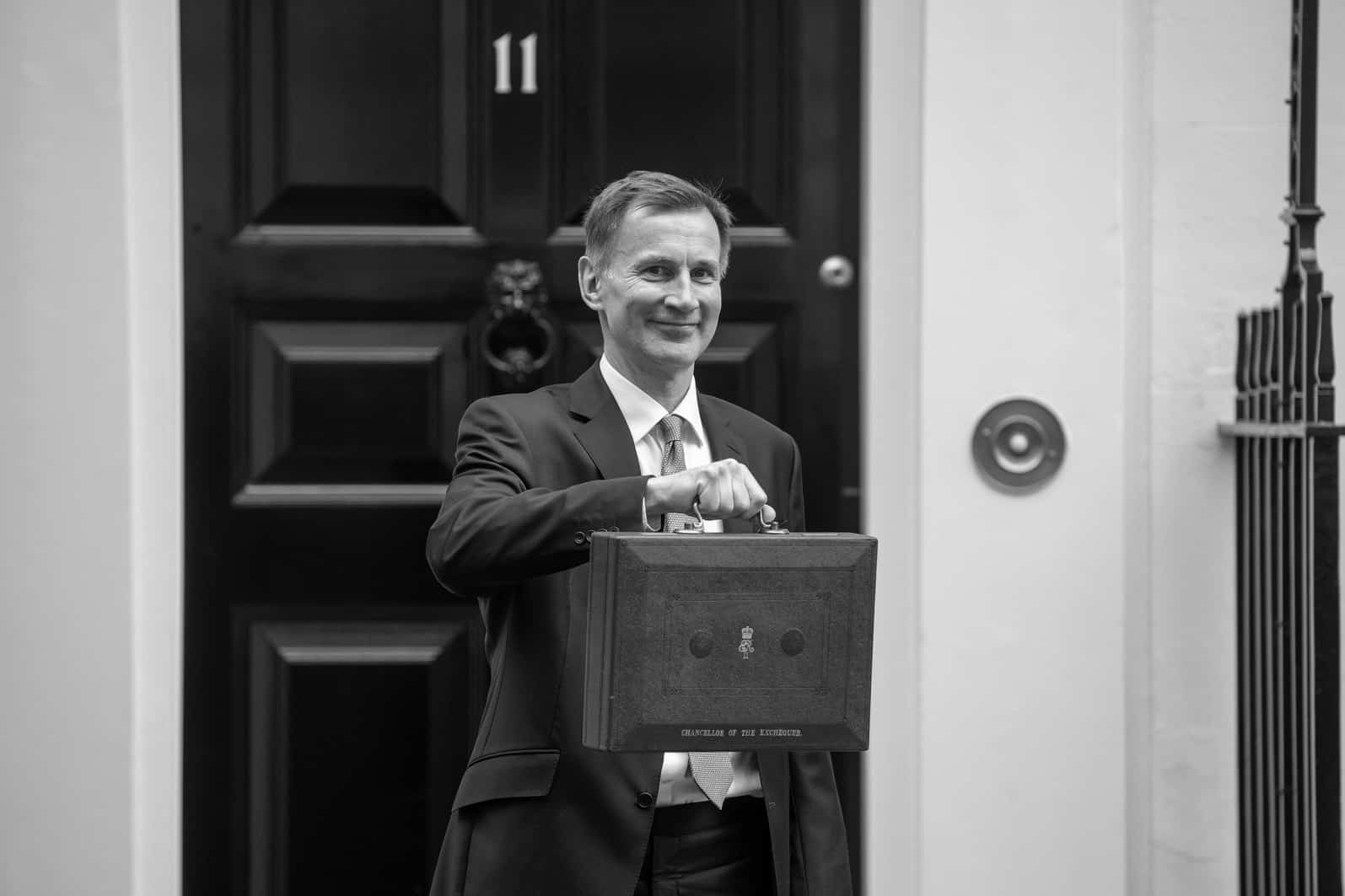Personal tax measures – changes to NICs
In an effort to incentivise work, the Chancellor announced various changes to NICs for the employed and self-employed.
Class 1 (primary) NICs
As regards NICs for the employed, the main rate of Class 1 (primary) NICs will be reduced by 2%, from 12% to 10%. For employees paying the basic rate of income tax, the combined rate of income tax and NICs will accordingly drop from 32% to 30%.
This measure will take effect from 6 January 2024.
Class 2 NICs
As of 6 April 2024, individuals who are self-employed and are earning profits above £12,570 will no longer be required to pay Class 2 NICs, which currently sits at a rate of £3.45 a week. They will though continue to receive access to contributory benefits including the state pension.
There will be no change for individuals with profits between £6,725 and £12,570 who will continue to receive contributory benefits, including the state pension, through National Insurance credits without paying NICs.
Individuals with profits under £6,725 (the Small Profits Threshold) who choose to pay voluntary Class 2 NICs to access contributory benefits, including the state pension, will continue to be able to do so. For that purpose, the weekly rate will remain and be frozen at £3.45 for 2024/25.
The effect of these changes is to abolish Class 2 NICs by removing the requirement for self-employed individuals to pay such NICs and thereby simplify the tax system for the self-employed.
Class 4 NICs
In further keeping with the government’s theme of reducing and abolishing NICs, the Chancellor also announced that the main rate of Class 4 NICs, payable by the self-employed, will be reduced by 1% from 9% to 8%.
This new rate of 8% will continue to apply to profits between £12,570 and £50,270 with the current rate of 2% continuing to apply to profits above £50,270.
This change to Class 4 NICs will also take effect from 6 April 2024.
Rates and thresholds
Alongside the measures set out above, the government will also freeze the Class 2 and Class 3 NIC rates in 2024/25 (for those paying voluntarily). This will not affect any existing arrangements for payments of voluntary Class 2 or Class 3 NICs that are connected with previous tax years.
The Lower Earnings Limit and Small Profits Threshold are also being frozen.
The Lower Earnings Limit is the minimum amount and level of earnings that an employee needs to earn in order to qualify for benefits, such as the state pension and jobseeker’s allowance. Workers earning less than the Lower Earnings Limit threshold do not pay NICs (unless they do so voluntarily).
A summary of the rates and thresholds for NICs from 6 April 2024 can be found in the table below:
| Types of NIC | Rate / threshold |
| NICs Primary Threshold / Lower Profits Limit | £12,570 (per year) |
| Class 1 NICs main rate (from 6 January 2024) | 10% |
| Class 2 NICs main rate (for those paying voluntarily) | £3.45 (per week) |
| Class 3 NICs main rate | £17.45 (per week) |
| Class 4 NICs main rate | 8% |
| Lower Earnings Limit | £6,396 (per year) |
| Smaller Profits Threshold | £6,725 (per year) |


